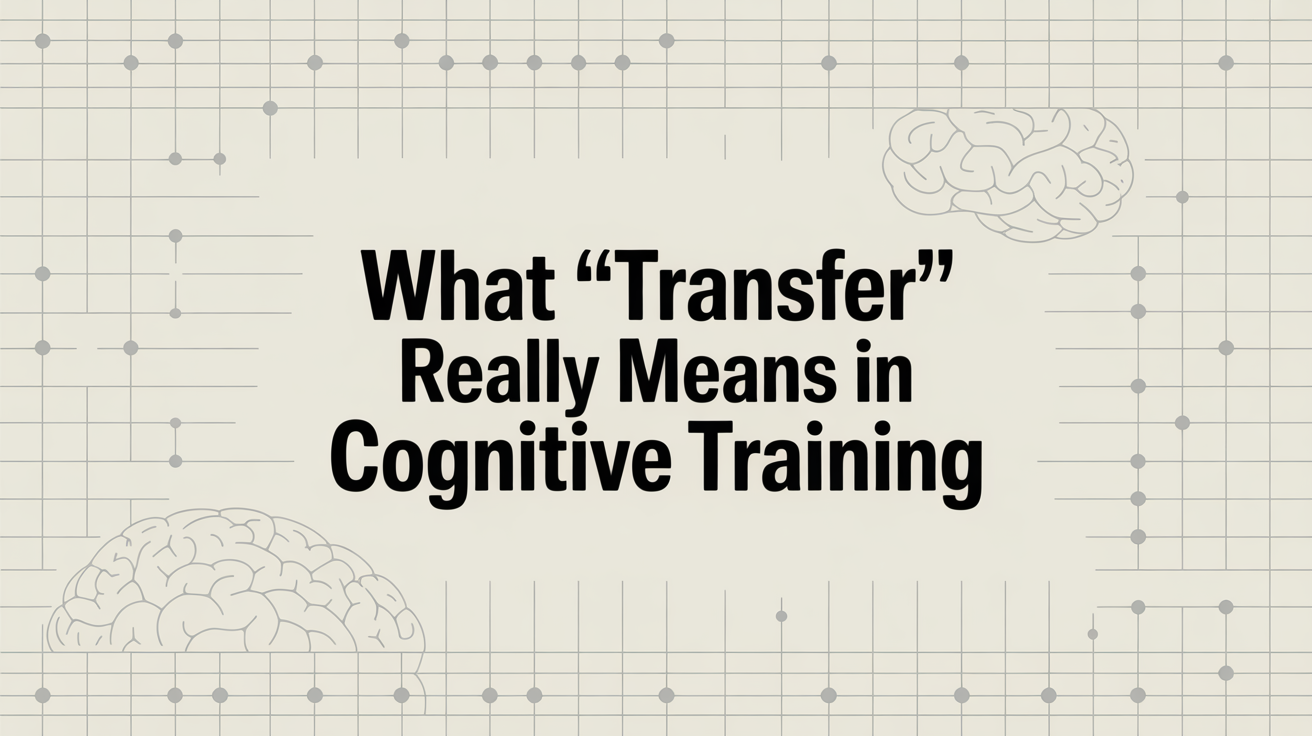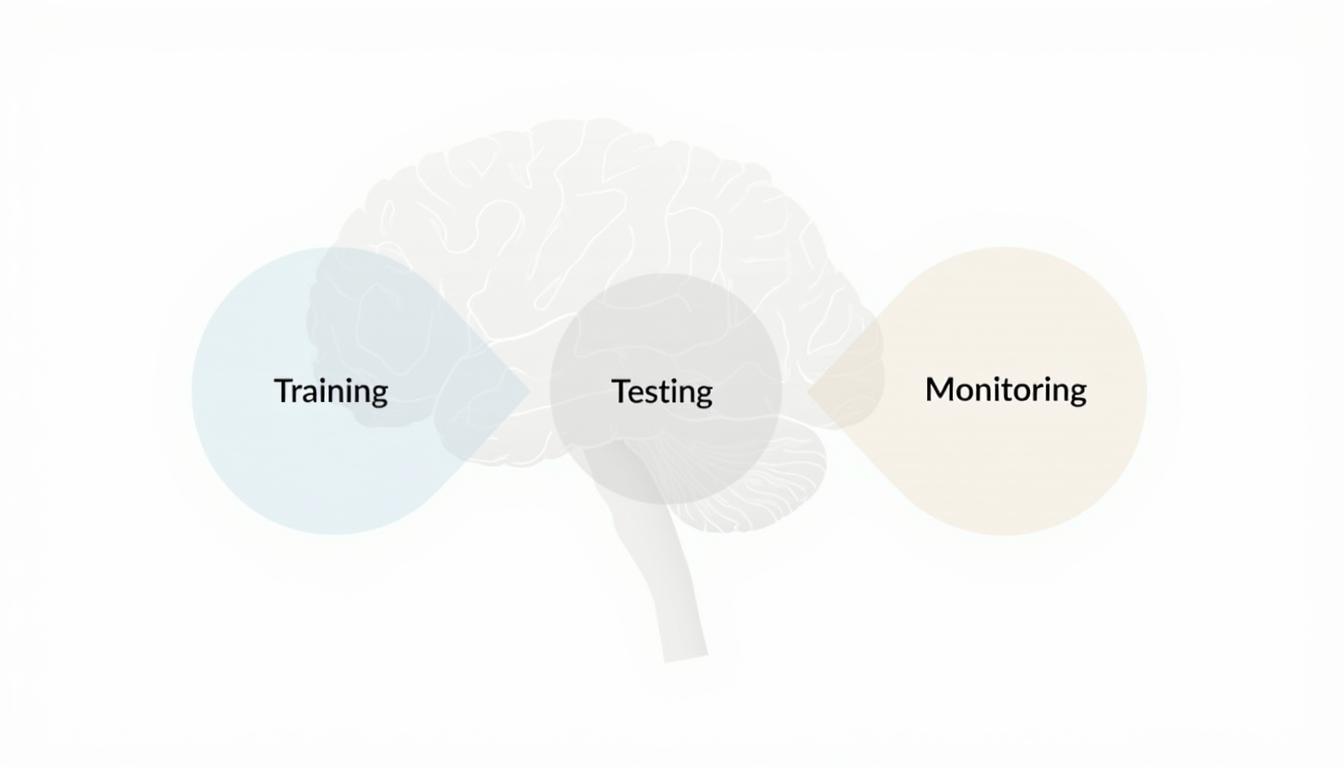Welcome to the Research and Strategy Services at in today's fast-paced.


eSports is a new domain of human performance which has been gaining a meteoric rise in popularity throughout noughties. In a recent blog we covered the debate on whether eSports should be an Olympic sport, but actually how athletic are ‘cyber athletes’? Professor Ingo Froböse, a German sports scientist at the German Sports University in Cologne, has spent years becoming an expert in answering such a question. Let’s take a look at some of the surprising traits of eSports stars.
Professor Frobose was the first researcher to look into neuro-physical demands placed on an eSports professionals, and the strains they are exposed to during a tournament. It turned out that what looks on the surface to be just keyboard and mouse tap is actually physiologically intensive.
"We were particularly impressed by both the demands placed on the motor skills and their capabilities. The eSports athletes achieve up to 400 movements on the keyboard and the mouse per minute. The whole thing is asymmetrical, because both hands are being moved at the same time and various parts of the brain are also being used at the same time."
As a sports scientist Frobose had not previously seen this level of strain on the central nervous, not even in table-tennis players, who have to master extreme hand-eye coordination.
Testing eSports professionals on their performance vitals revealed that they have cortisol levels raised to the equivalent of a Formula 1 driver. It also showed heart rates in the range of 160-180 beats per minute – similar to running at a fast pace.
This suggests that the cognitive demands of pro gaming require a significant physical workload to sustain. On this basis Frobose concluded, “So in my opinion, eSports are just as demanding as most other types of sports, if not more demanding".
Another expert, eSports host Futureman, underlined the notion that competitive gaming can certainly be physically draining, "When you're sitting and gaming for that long, it's kind of taxing in a different way, where you're mentally getting tired, and that kind of affects you physically". Which is why he believes there is a trend for pros to get physically fitter, working out with personal gym trainers.
The careers of eSports stars are notoriously short, some even retiring before the reach 20 years old. Considering the newness of this human performance domain, it could be that cyber athletes aren’t aware of the physiological demands of up to 12 hours of day training, year after year.
Professor Frobose’s take is that many of these kind of athletes don't appear to understand the strains they undergo. Accordingly they have inadequate nutrition intake and rest scheduling, "What isn't happening is cycling the stress, in other words, building in breaks after periods of strain so that the athlete can recover and overcome fatigue during competition".
He suggests eSports athlete should be following diets similar to those in professional sports, as well as performing regular physical training to support better motor-skills. His thought is that this may extend career time by 5 years or more.
“My advice is that gaming is more than just playing video games. It is a complex interaction of many different, mostly cognitive, skills. To improve these skills and guarantee sustainable results, a holistic approach is needed.”
In fact now some of the biggest eSports teams are turning to sports science to raise their game, including using NeuroTracker to sharpen their minds. This means that in coming years we’re likely to see cyber athletes pushing the boundaries of human performance.
If you enjoyed this piece, then check out our other eSports blogs.
The Unstoppable Rise of eSports
What It Takes to Be a Professional eSports Athlete
Should eSports be in the Olympics? 3 Debates






Welcome to the Research and Strategy Services at in today's fast-paced.

Find out what this new bible for esports has to offer for the whole industry.

For the first time new research shows the effects of poor diet and sleep quality on the cognitive functions of professional gamers.

World-class eSports players may have the most impressive cognitive abilities on planet earth. Find out here which of the big eSports have the greatest demands for superhuman brain power.
.png)